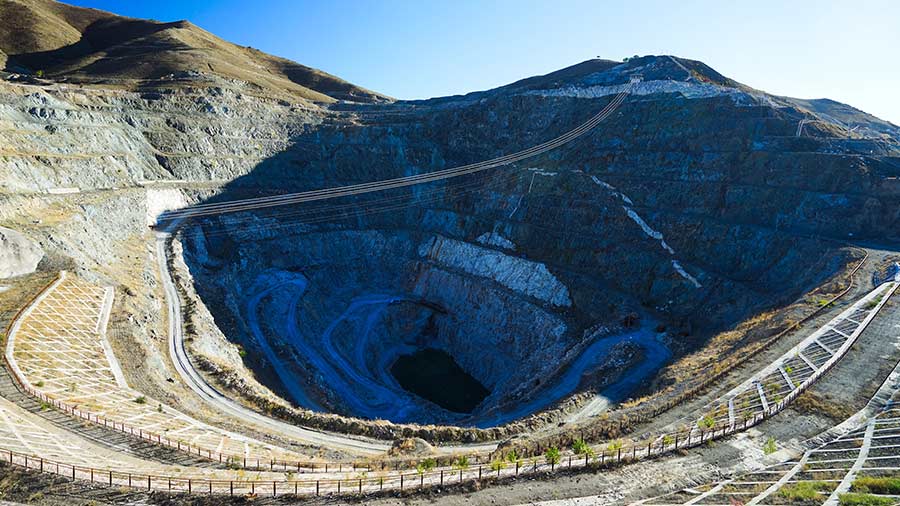
Rare earth minerals have emerged as a crucial component in various industries, revolutionizing technology and driving innovation. From renewable energy to electronics, these minerals play a pivotal role in powering our modern world. In this blog post, we will delve into the importance of rare earth minerals and shed light on their multifaceted applications.
- Rare Earth Minerals and Renewable Energy:
Rare earth minerals, such as neodymium and dysprosium, are essential for the production of high-performance magnets used in wind turbines and electric vehicle motors. These magnets enable efficient energy conversion and storage, making renewable energy sources more viable and sustainable. Without rare earth minerals, the advancement of clean energy technologies would be severely hindered. - Electronics and Rare Earth Minerals:
The electronics industry heavily relies on rare earth minerals for the production of various devices. Lanthanum, cerium, and europium are used in the manufacturing of display screens, providing vibrant colors and sharp resolutions. Additionally, rare earth minerals are integral to the production of rechargeable batteries, lasers, and superconductors, enhancing the performance and functionality of electronic devices. - Defense and National Security:
Rare earth minerals have significant implications for defense and national security. They are crucial for the production of advanced military technologies, including guided missiles, radar systems, and night vision goggles. The unique magnetic and luminescent properties of rare earth minerals make them indispensable in the development of cutting-edge defense equipment, ensuring the safety and protection of nations. - Medical Applications:
Rare earth minerals find applications in the medical field as well. Gadolinium, for instance, is used in magnetic resonance imaging (MRI) contrast agents, enabling detailed visualization of internal body structures. Additionally, rare earth minerals are utilized in the production of phosphors for medical imaging devices, enhancing diagnostic accuracy and improving patient care. - Environmental Considerations:
While rare earth minerals offer numerous benefits, their extraction and processing can have environmental implications. The mining and refining processes can result in soil and water pollution if not properly managed. However, advancements in sustainable mining practices and recycling technologies are being explored to mitigate these concerns and ensure responsible sourcing of rare earth minerals.
Conclusion:
Rare earth minerals have become indispensable in our modern society, driving technological advancements across various industries. From renewable energy and electronics to defense and healthcare, their applications are vast and diverse. As we continue to rely on these minerals, it is crucial to prioritize sustainable practices and ensure their responsible extraction and usage. By understanding the significance of rare earth minerals, we can appreciate their vital role in shaping our present and future.
